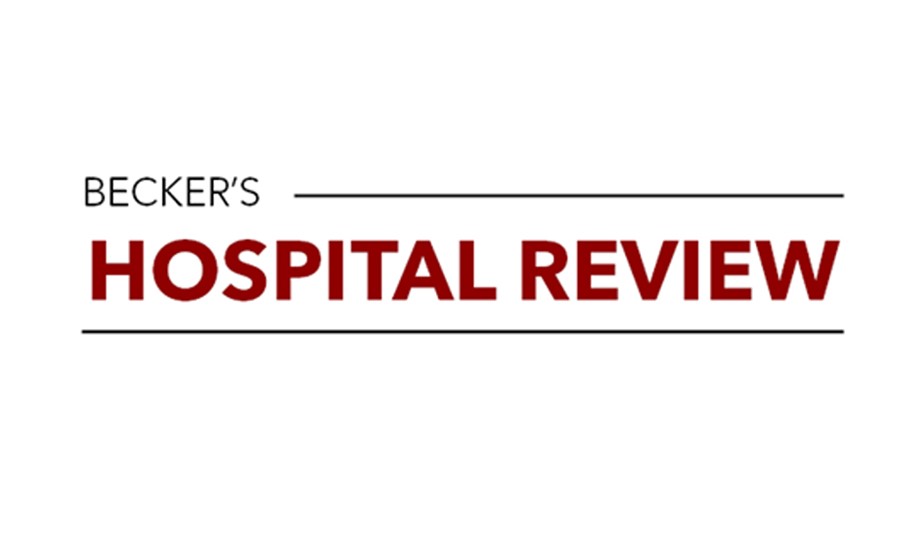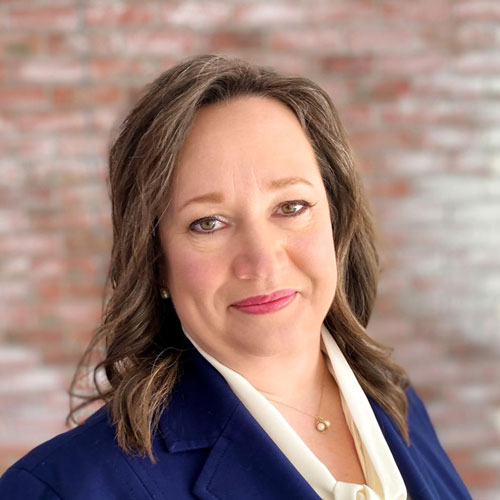Last month, I attended the Becker’s Hospital Review Conference in Chicago. Since there was a great deal of information shared throughout each session, speaker, and event, the following is a list of the top discussions and items I learned throughout the meetings.
1. Leadership Excellence
- Multiple speakers discussed the need to invest in leaders and have “intentionality” around leadership development. In order to have successful leaders, according to John Noseworthy, President and CEO of Mayo Clinic, “the answer is teamwork.” Support of leaders is necessary, even in times of adversity, to ensure excellence.
- Several other speakers echoed Noseworthy’s message, including Anthony Bohn from Norton Healthcare, who stressed the importance of taking time “to develop a program and a leader; many leadership efforts need to be layered and thoughtfully planned for.”
- Affecting these types of programs and leaders through “front line leadership” was the main topic for Chris Van Gorder, CEO of Scripps, who advised about the necessity of leaders to “connect with your people. You can’t be effective as a distant boss.” Van Gorder also spoke at length of leadership excellence as an “all or nothing deal. Responsibility and authority must come with accountability.”
2. Population Management
- The Becker’s Conference had a strong emphasis on this topic. Many sessions and speakers stressed the use of a hospital’s employees as the learning organization for population health. Also emphasized was a Population Health Services Organization, or the idea of having physicians at the table from the beginning.
- Additionally, there was talk of the expense of population health, but all who spoke of the topic stated their belief that the industry must take the financial risk, especially since telemedicine is set to be part of the future of population health. Part of this future is moving into retail, according to Joel Allison, CEO at Baylor Scott & White Health, who used his keynote speech to forcefully call for hospitals to “change healthcare”.
- Often, when we think of population health, we think of data and technology. Several sessions at the conference emphasized the idea that until the financial models catch up, it is potentially risky to say we are doing population health, even though we as a country are moving toward it. Sometimes technology lags and the healthcare field should not wait for technology to move forward with a population health strategy.
3. Collaboration Success & Sustainability as a Community Member
- Collaboration with other hospitals and service providers (i.e. insurance and long term care) require hospitals and systems to partner to improve the health and wellness of the community.
- Robert Oostra, President and CEO of ProMedica in Toledo, OH, is addressing hunger with the opening of a grocery store offering healthy choices and fresh fruits and vegetables in a neighborhood “food desert”.
4. Physician Relationships
- A big emphasis was the importance of physicians being the key to engaging patients. One speaker stated if a physician is actively engaged with patients, then he/she will be successful in engaging patients in improving their health.
- Nancy Schlichting, CEO of Henry Ford Health System, said, “as long as we keep the dialogue in the best interest of patients, we can tear down walls.”
5. Disruptive Change
- Allison spoke of the “4 Horsemen” needed to drive systematic change:
- Regulation
- Demographics
- Technology
- Economics
- He said all 4 issues can lead to “unprecedented change”.
- David Feinberg, President & CEO of Geisinger Health System, backed up the idea, saying in his speech, “Healthcare is the next industry to be totally disrupted. What are we doing to anticipate the disruption? We make it hard to care for patients, so we need to disrupt ourselves.”
6. Value Based Purchasing
- General comments on VBP included the potential of this measure showing high financial returns.
- It can also help hospitals drive and improve both their quality and the experience of their patients.
7. Employee Engagement
- Greg Stock, CEO of Thibodaux Regional Medical Center, and Karla Brandau, CEO of Workplace Power Institute, led a wonderful session on Discretionary Effort Leadership. They defined discretionary effort as a conscious choice employees make on a daily basis – the difference between what they do to get a paycheck and what they can do to contribute.
- They explained discretionary effort comes from the heart and soul of a hospital’s employees – every employee has gifts, and leaders earn the gift of discretionary effort. As leaders, we should mine the gift of every employee and help them to release their renewable energy to further provide employee engagement and effort opportunities.
8. Data Management
- How to be successful in today’s environment: Successful organizations find a way to integrate the clinical and financial.
- Hospitals must compete on value – pricing is no longer the growth lever. For example, Temple University Health System has established a governance tool for standardization of all reporting, which is so cool because they’ve applied the rigor to define reports, input and calculations.
- They actually have one definition and calculation for LOS and use this as their business analytics.
- The value of all of this is having a central strategy for reporting, which creates transparency and efficiency, and creates standardization of how data is analyzed.
9. Co-opetition
- Co-opetition = cooperative competition. The desired results are similar to 1+1=3; it’s not about zero sum gain, it’s about creating synergy.
- Cindy Bo, Chief Strategy and Business Development Officer of Nemours Children’s Health System, spoke about this concept, stating co-opetition with neighboring hospitals, payers, and other service providers is not necessarily a bad thing. Rather, it’s about looking for opportunities to improve the health and wellness of those we serve.
- She did caution that while co-opetition does have its limits, we must always keep the focus on being intellectually curious and adaptable to change.
10. Healthcare’s Future
- Steve Little, President & CEO of Agnesian HealthCare spoke of right now being a “challenging and rewarding time in health care. We have to change to improve healthcare for the patients we care for at a price we can afford. We need to take these risks for our patients.” We must shift to the community markets rather than expect patients to come to hospital-based outpatient departments. We should be moving our language from referring to people in hospitals and healthcare facilities as “patient” to “consumer” or “customer”.
- Many times, hospitals can be unwilling to change and adapt with the times. Several speakers cautioned against this, stressing the importance of being open to the possibilities of the future of our field.
- Michael Dowling, President and CEO of Northwell Health, summed up the new horizon of healthcare best during his speech, stating “we have to disrupt ourselves or we will be uberized.”
As you can see from all this information, the future opportunities on the healthcare horizon are vast and exciting. Each of these “Top 10” subjects from the Becker’s Conference strongly impact Leadership Excellence – and happier leaders make for a happier hospital.
If you are interested in speaking more with me, feel free to reach out at vjones@healthlinx.com!



